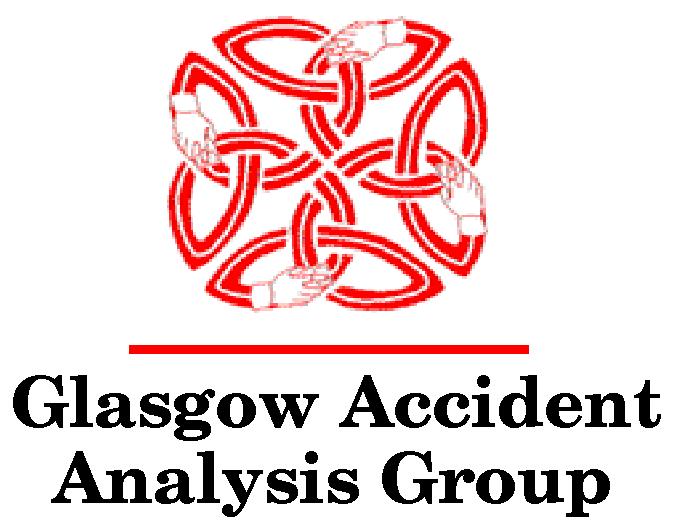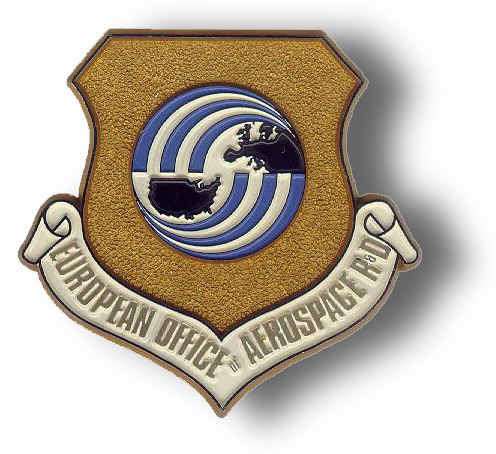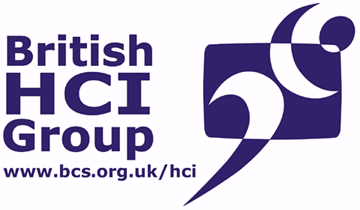Day 3: Saturday, 12th March 2005
- 08.00-19.00 (approximate timings)
- Trip to Arran,
Further Information:
Registration |
Social programme |
Visiting the University of Glasgow?
For any further details contact: Prof. Chris Johnson, Department of Computer Science, University of Glasgow, Glasgow, G12 8QJ, Scotland. email: johnson@dcs.gla.ac.uk tel.: +44 141 330 6053 fax.: +44 141 330 4913
Acknowledgements:
We wish to thank the European Office of Aerospace Research and Development, Airforce Office of Scientific Research, United States Air Force Laboratory for their contribution to the success of this conference. We also acknowledge the support of the following organisations:



